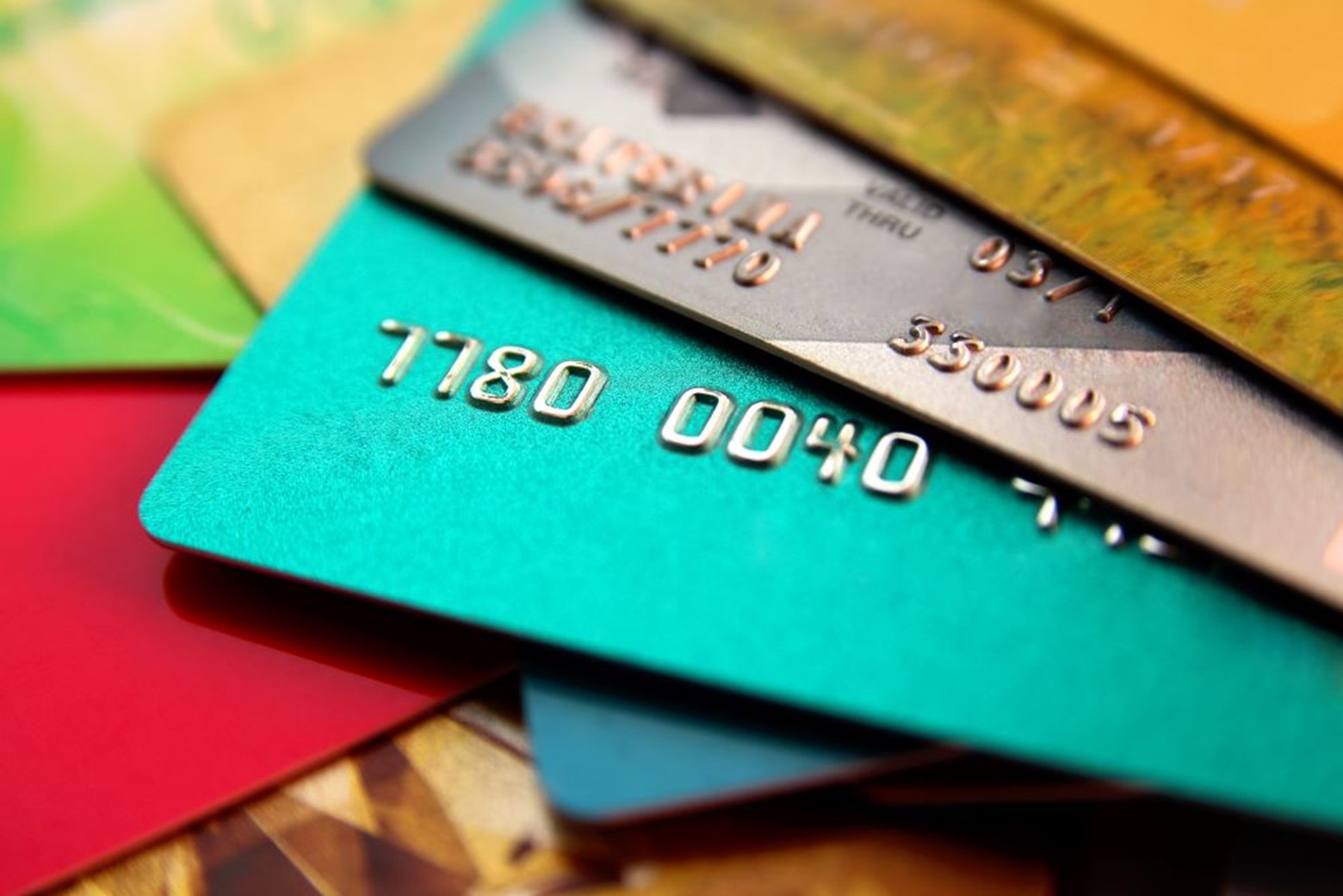
Homebuying Credit Myths You Shouldn’t Believe
December 31, 2021
If You Add an Authorized User to Your Credit Card, What Happens?
January 2, 2022Consumers aren’t the only ones assigned a credit score. Businesses also have credit scores, and creditors and other third parties use them to evaluate their financial health.
To decide whether to extend a loan to a business and determine its terms, a lender pulls the business’s credit score. It’s not uncommon for companies to check another company’s business credit score before doing business with them.
Businesses with a high credit score are more likely to qualify for credit.
HOW BUSINESS CREDIT SCORES WORK
The FICO® Small Business Scoring Service ranges from 0 to 300, while business credit scores are usually ranked from 0 to 100. Scores are determined using information from the business credit report, which includes historical data, payment history, account information, and current debts.
Different scoring models and credit bureaus use different algorithms for calculating business credit scores. Business credit reports are publicly available to anyone willing to pay for them, unlike personal credit reports.
WHY BUSINESS CREDIT IS IMPORTANT
Business credit is important for several reasons:
- Separation of business and personal finances. If you own a small business, you may have used credit cards and personal funds to get started. However, keeping your personal finances separate from your business simplifies accounting, borrowing, and tax matters.
- Getting approved for financing. An established business credit score can help you access credit at a better rate if you need a business credit card or business loan. The better your business credit score, the more borrowing power you will have.
- Lower insurance rates. Insuring your business can be costly. In some cases, higher business credit scores can help you keep rates low.
HOW TO ESTABLISH STRONG BUSINESS CREDIT
Your business may not have much credit history if it has never borrowed money or established a company credit card. Many of the steps you might take to improve your personal credit apply to establishing a strong business credit score:
- Pay your bills on time. As with personal credit scores, your business credit score is heavily influenced by your payment history. Be sure to pay all your bills on time.
- Establish business credit. Not all creditors or service providers report activities to credit bureaus. It’s a good idea to start building business credit with a business credit card, even if you only use it occasionally.
- Pay attention to your credit utilization. Your business’s revolving credit, such as its credit cards, shouldn’t be maxed out. Try to keep the utilization rate low.
Is your personal information on the dark web? Make sure your identity isn’t at risk!

